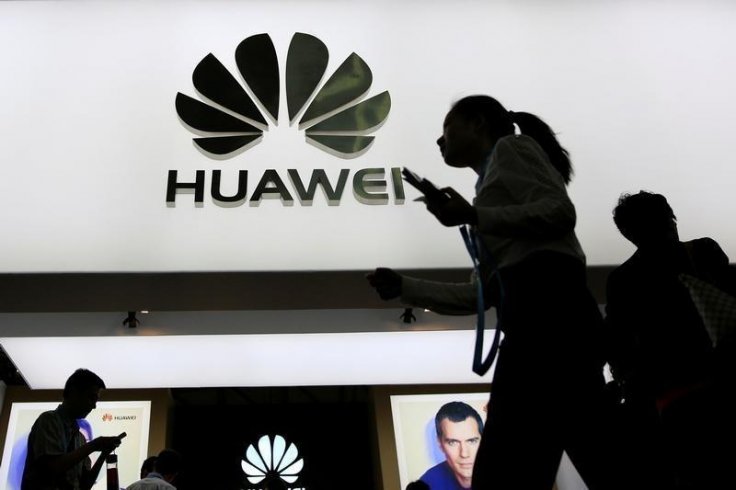Chinese multinational technology company Huawei's rotating CEO Guo Ping has said that despite the U.S. ban, the company will keep investing in its chip arm and help partners in chip manufacturing, production equipment, and raw materials.
The U.S. authorities have banned the Shenzhen based Chinese company from building and selling chips to partners, specifically in America. But Guo said that Huawei will continue to invest in its chip arm Hisilicon.
A Difficult Situation
Huawei has been fighting its own battle for a long time with the U.S. President Donald Trump took a major step and labeled the mega electronics empire as a 'national security risk'. The U.S. "sanction" on the Chinese company in May has also created difficulties for Huawei.

The recent comments from Guo came during his meeting with Huawei's new employees. He said, "Hisilicon will grow stronger several years later."
However, amid efforts from the U.S. authorities that could cut the company from accessing Google's Android updates and security patches, the Chinese telecom equipment company, launched its own HarmonyOS—microkernel-based distributed operating system—on August 9 in 2019.
Guo said, "It's not an easy decision for us, as a smartphone company, to develop our own ecosystem Huawei Mobile Services (HMS). It's very difficult and very challenging. But we delivered a better-than-expected one-year transcript," reported IANS.
Google and Huawei
The temporary general license that allowed Google to work with Huawei on maintaining smartphones, has expired in the U.S., threatening to stop all Android updates for current devices.
Under the terms of the previous U.S. trade ban, Google was unable to sell Android licenses to Huawei. It means that the phones developed by the controversial Chinese company could use the base open-source code, but it would not have access to the all-required Play Store and Google apps. A temporary license that was issued in 2019 allowed the tech giant Google to support and update the Android OS running on existing Huawei devices.
The development of future products was also affected due to the trade ban. However, Huawei is now working on HarmonyOS but that is far from reality. Guo said, "If Huawei could help Android in achieving success, is there any reason why our own system cannot be a success?"
(With additional inputs from agencies)









